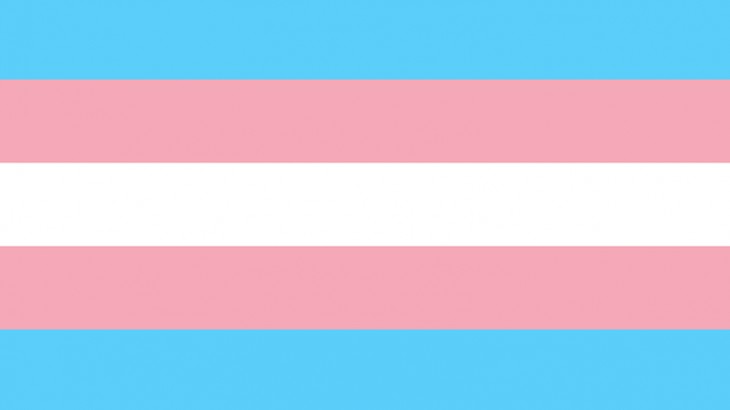Being Trans in lockdown

In a crisis, such as the ongoing pandemic, people who belong to marginalised communities are often affected in particular ways.
Many people in the Trans, or transgender, community for example, those whose gender identity differs from the sex assigned at birth, experience abuse, violence and discrimination before and during their transitioning.
Trans people still experience profound discrimination in every area of their lives; from employment, to access to health services. A crisis like covid-19 risks deepening those inequalities and heightening any pre-existing anxieties they may have about a wide range of issues.
Here are 12 things trans people may be facing due to the lockdown:
- Worry about how to initiate or continue a transition in a remote setting - e.g. coming out to colleagues over remote platforms – or whilst on furlough.
- Long-awaited medical appointments or surgeries cancelled or postponed indefinitely.
- Concern about access to other medical support e.g. hormones, blood tests, trans-appropriate sexual health screenings.
- Increased misgendering as the online environment is more dependent on voice, with fewer or no visual cues.
- Relocating to family homes for lockdown where people don’t know about the person’s transition, and/or being out as trans at work, but not at home; having to choose between coming out at home and transitioning back to a previous presentation for work.
- Being isolated with an unsupportive or hostile family or partner, and at heightened risk of domestic abuse/coercive control.
- Not being able to access face-to-face support services e.g. peer support, counselling, mental health services.
- Lack of privacy to engage openly with remote support services or socialise online with other trans people.
- Past and current experiences of transphobic trolling can make online environments stressful or distressing for trans people.
- Existing poor mental health may worsen owing to the stresses of lockdown.
- Fear of their gender not being recognised or respected if hospitalised, and no-one being present to advocate for them.
- All factors that marginalised people often tend to experience such as being less likely to have savings or family to fall back on, being in less secure housing, having worse health, being in more precarious employment.
And don’t forget – there may be some positives…
- Working from home means not having to worry about being challenged about which toilet you use; not receiving transphobic abuse when travelling to and from work.
- Trans people often have experiences of dealing with challenging/crisis situations and are good at finding coping strategies – isolation may be nothing new.
- Increased availability of online support, where the stress associated with having to leave the house, and location/distance/travel costs are not a barrier.
Supporting our Transgender colleagues
Our Trans* network is a sub-group of our LGBT+& Friends steering group. To date, the Trans* network, which was set up in 2015, has supported a number of colleagues who were struggling with transgender issues. If you have any questions about transgender issues or any other LGBT-related subject, please contact LGBT&Friends@royalmail.com.
The First Class Support helpline is completely confidential, independent and available 24/7. Call now on 0800 688 8777 if you would like to talk to somebody about any physical or mental health-related matter.



